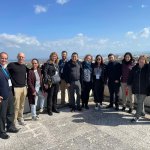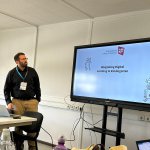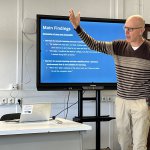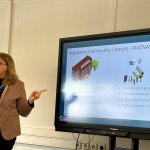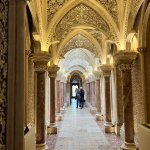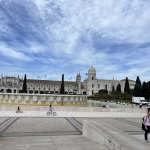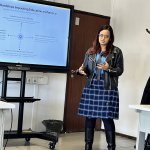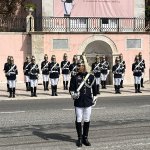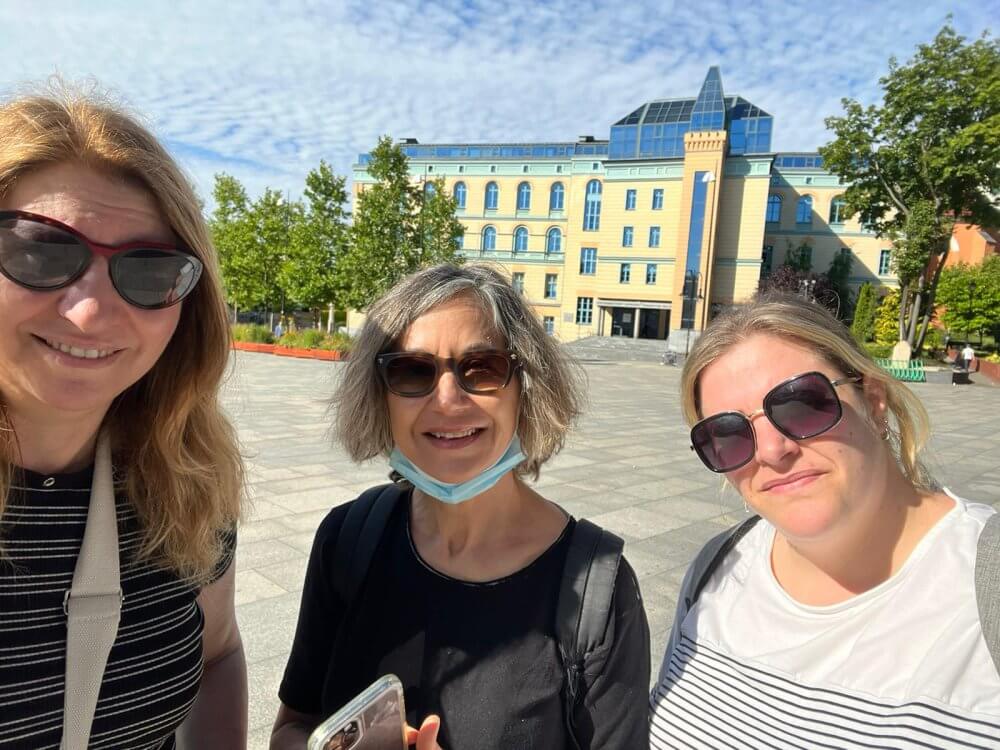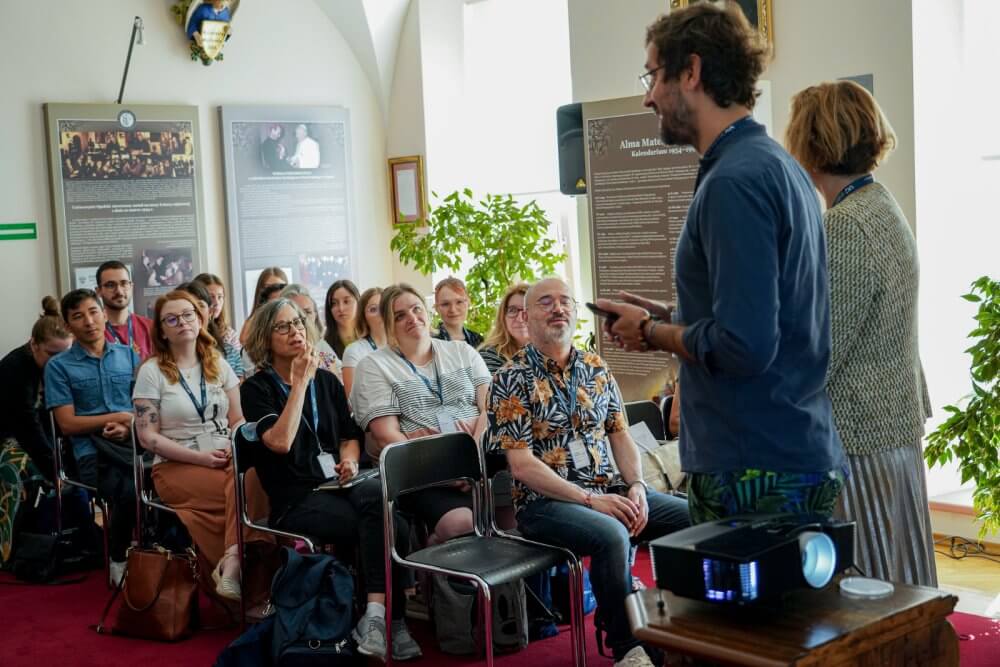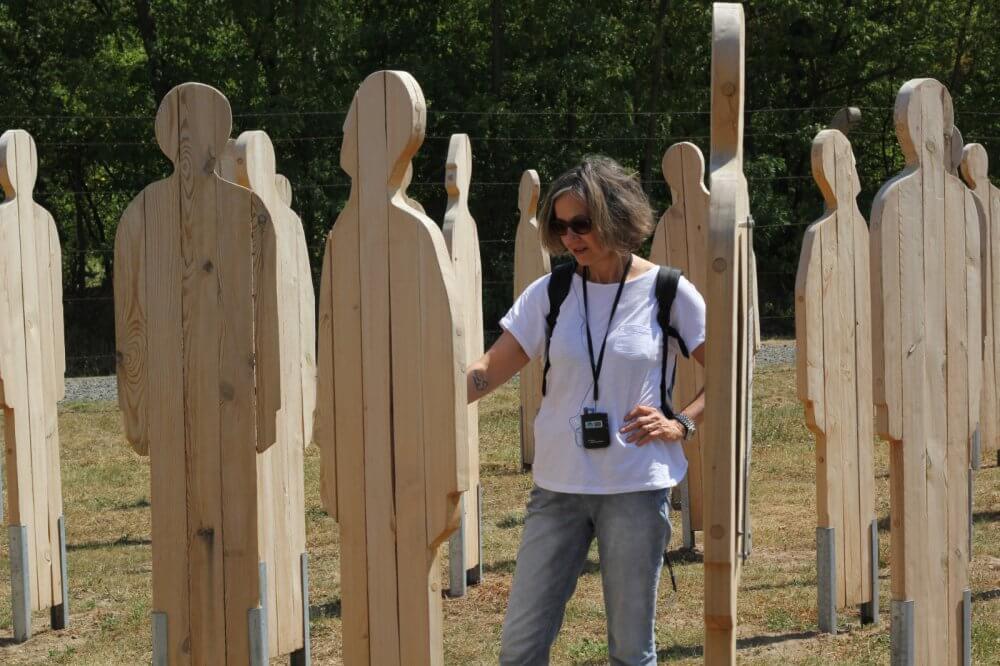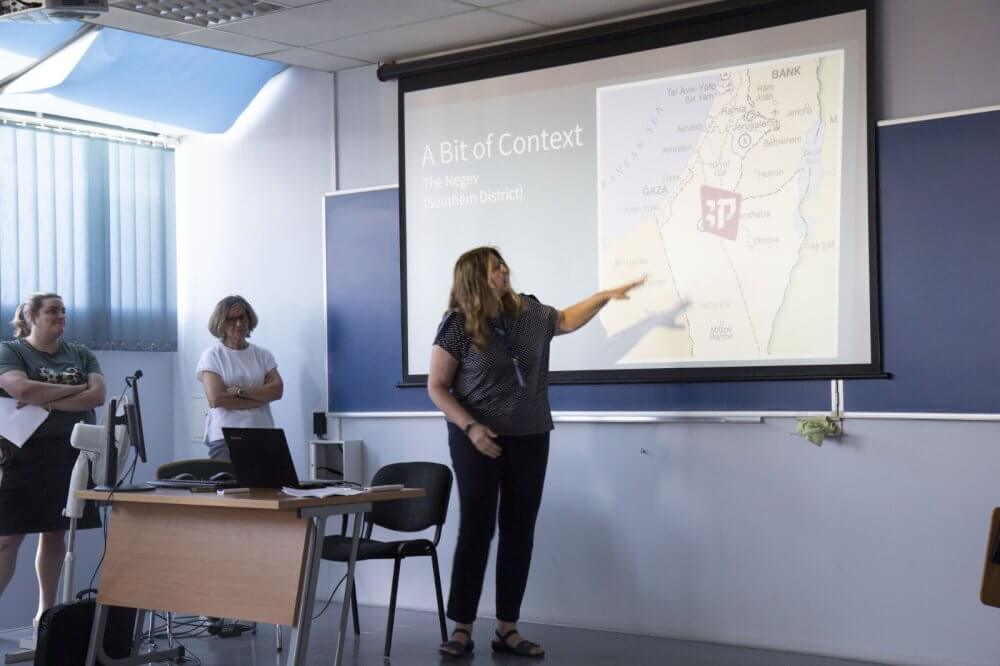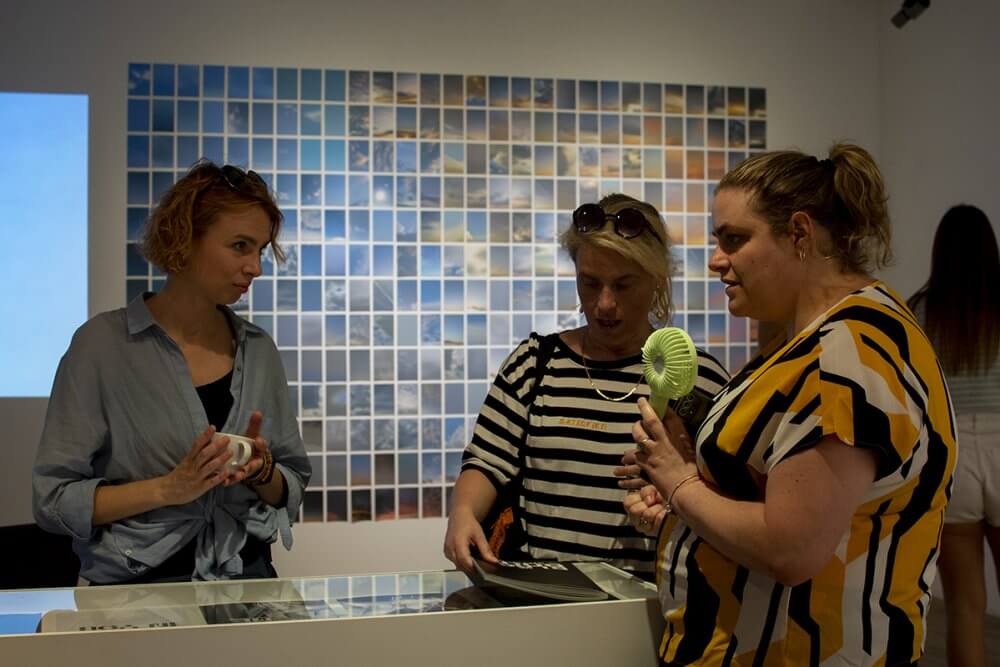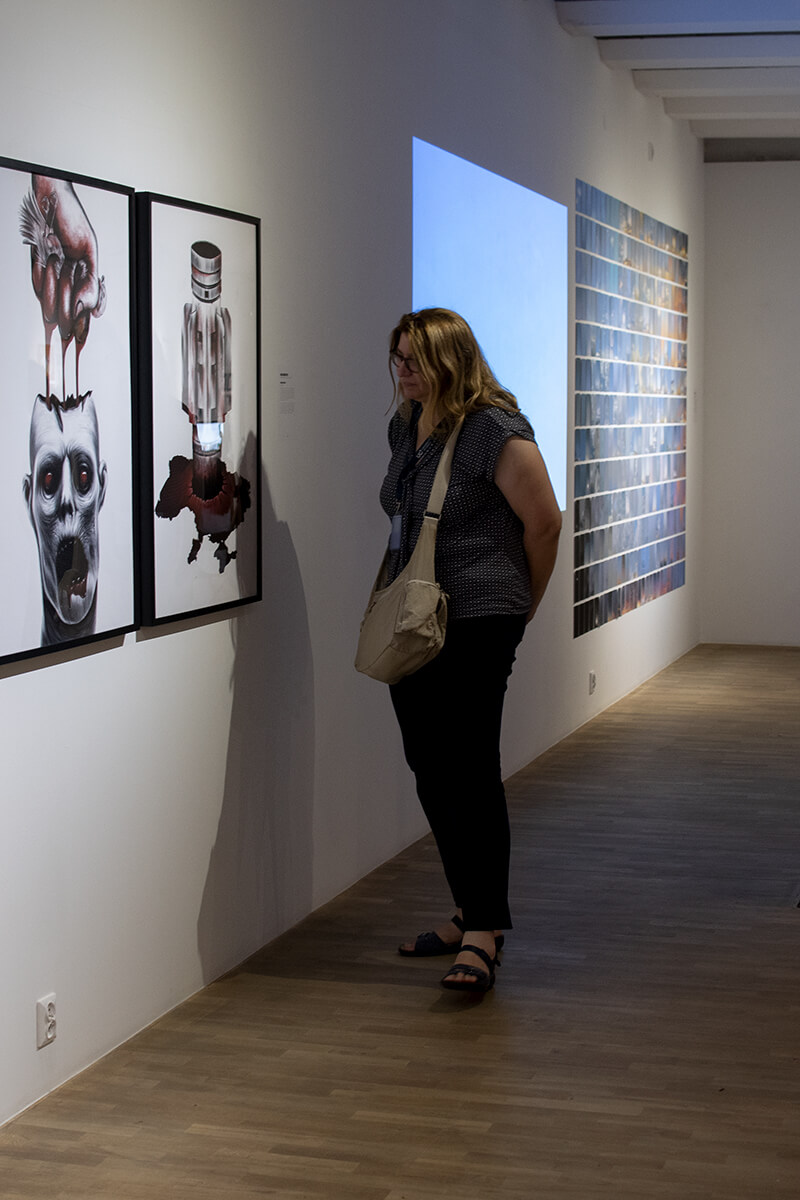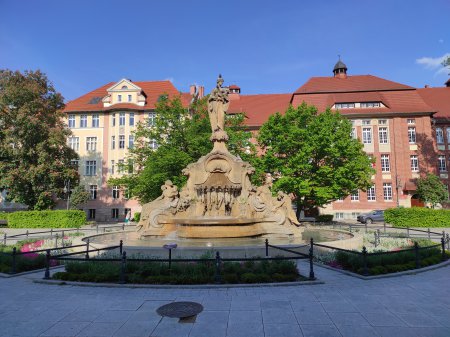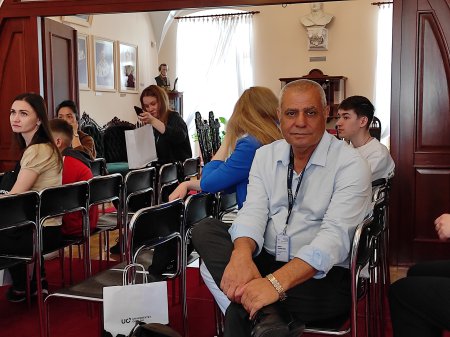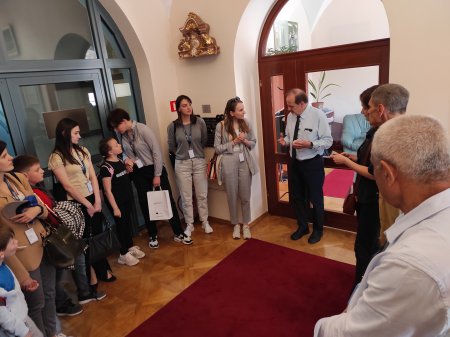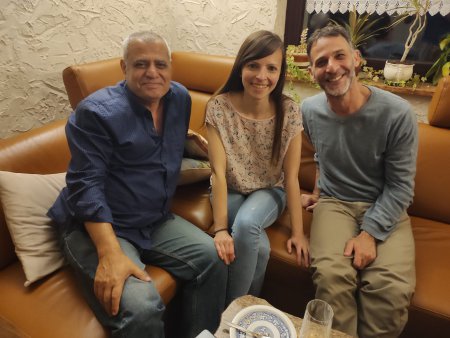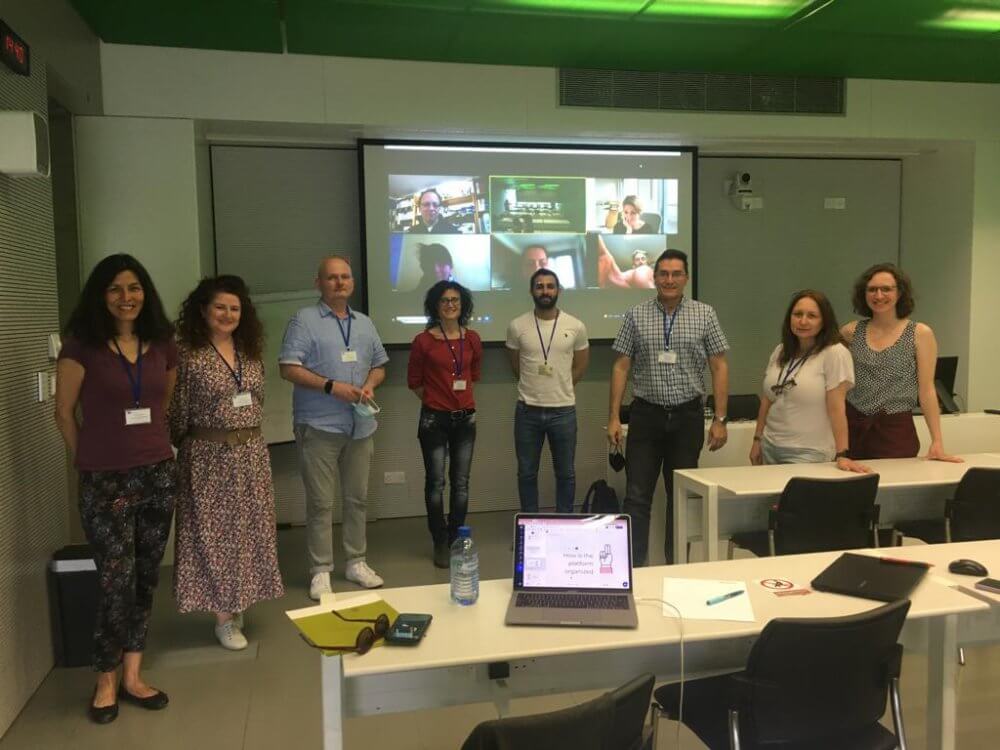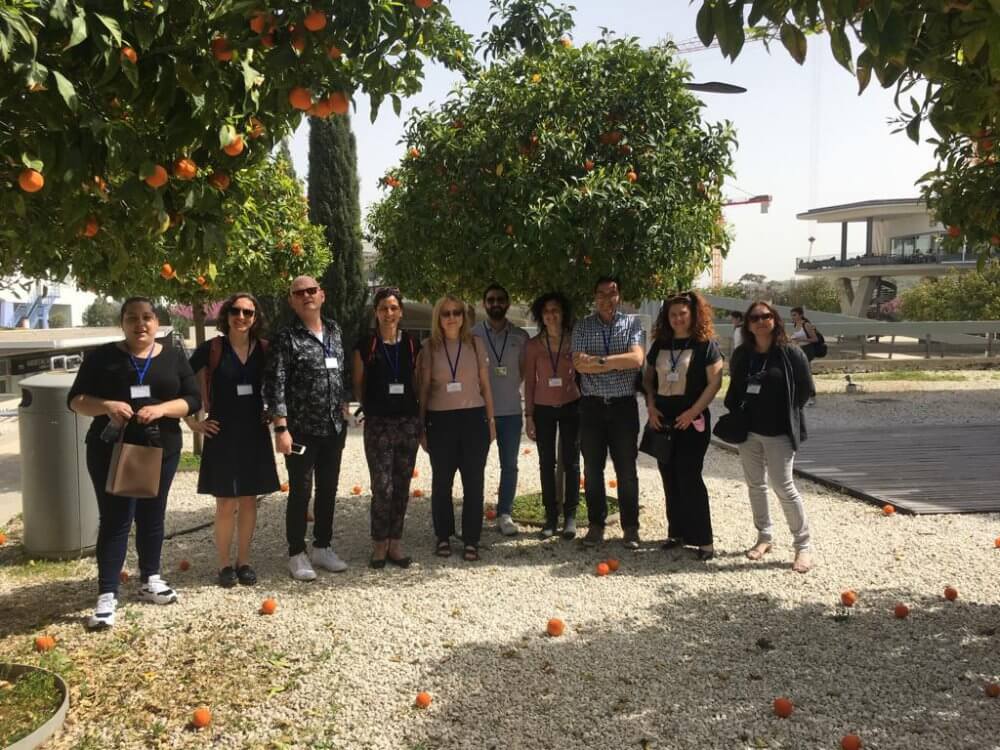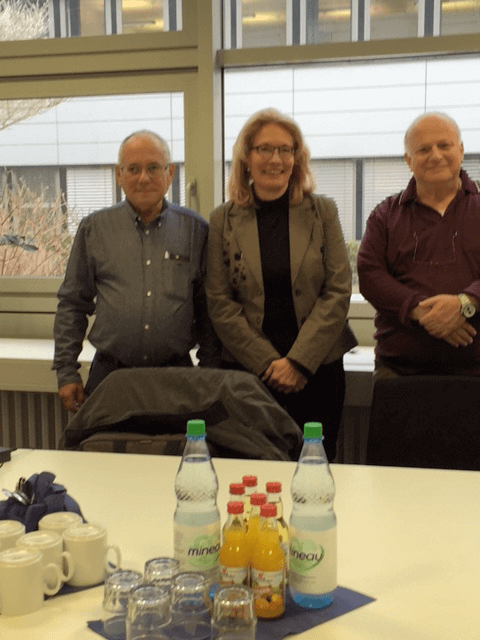This March Kaye College Volcanic Project team traveled to Lisbon, Portugal, for the project's kick off meeting.
The team members are: Dr. Merav Asaf, head of the "Education in the ICT Era" program, and Dr. Shimon Fogel, head of the Center for Digital Educational Initiatives, along with nine institutions from Israel, Morocco, Poland, Portugal, and Spain!.
We started the Volcanic Project (an EU program for education) to improve digital literacy in future educators. Especially in socio-geographic periphery providing teachers with a state-of-the-art toolbox for their future careers, the project aims to help them design innovative and creative teacher training courses.
We talked about how to work with disadvantaged communities and how to integrate technology into academic teaching, teacher training, and education. The results of these discussions, mutual learning, and collaborations, will be included in our college curriculum.
Dr. Shimon Fogel
Head of the project
For more information about the project:
VOLCANIC website is now live and accessible at http://volcanic.education

